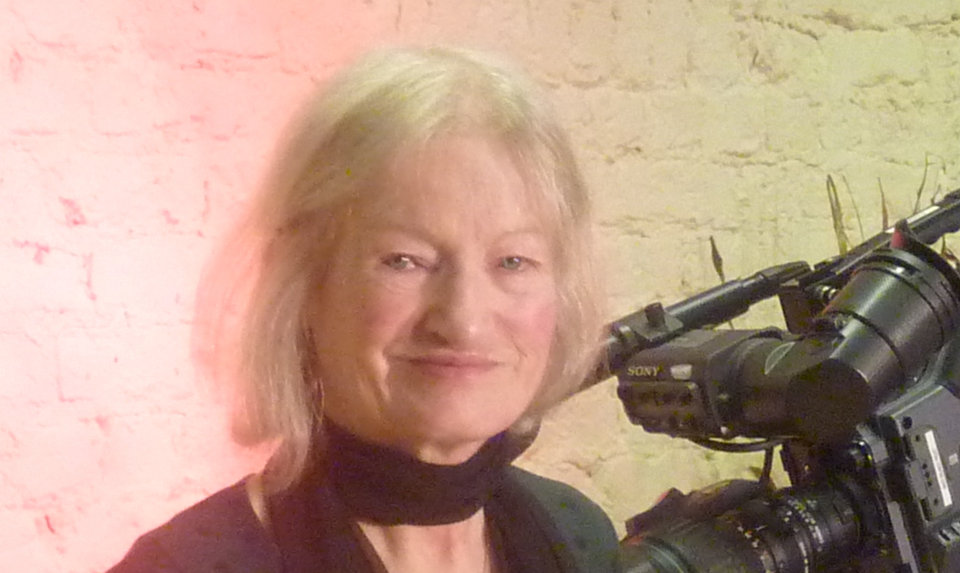Reflecting on the housing conditions of his youth, Joe O Donnell explains, “Conditions were all very similar in that they were terrible. Most of the small two bedroom terraced houses in all of the working class areas at that time had rising damp, outside toilets and no hot water. The conditions were very hard and very difficult. It was a struggle for people to survive.”
“I came home from school one day and I noticed this commotion in the street. This middle-aged man was sitting in the street surrounded by all of his furniture crying. It has stuck with me that this was very wrong and that it was something that should not have happened. It had a significant impact on me.”
Given the difficult social and political times, Joe reflects on how his family dealt with it, “They identified with politics but not in an overt way. The main thing that I remember was that, particularly my parents and general family, they were very anti-sectarian. They had a wide range of friends from all sections of the community. People would have been aware of my family’s political views but it didn’t make any difference whatsoever.”
Joe attributes his interest in community work to two significant moments in his youth. “The first one was the Civil Rights Movement. I began to take an interest then in politics. I found it difficult to understand why there were people so vigorously opposing the Civil Rights movement. The Housing Redevelopment in the Short Strand area began in the early 1970’s. I joined the Local Tenants Association and campaigned for the best quality of housing that we could get at the time. That was my introduction to community work, community redevelopment and I suppose community politics.”
During his 12 years as Director of the Short Strand Partnership Joe saw this as a chance to improve cross community relationships: “It would be foolish for us not to recognise that we have for a long time, lived in a divided society and one of the challenges was about building those relationships. I believe that when we work together in partnership we work more successfully for all of our communities.”
On community development, Joe says, “It is the method whereby you skill people with the ability to make changes in their local community. It empowers people to have the confidence and the collective ability to see that there are better opportunities and improvements that they can make and that they don’t always have to be informed by those who tell you they know best. For me it’s about a community working for itself.”
Joe believes his major achievement came when he was elected as the first Sinn Féin Councillor in East Belfast and then went on to become Deputy Mayor of Belfast. “I appreciate that I was elected with votes from all sections of the community and it does give you an opportunity to improve the conditions of all the citizens of the city. And to make the Council aware of what’s required.”
Joe’s work in interface areas of the city had produced several challenges: “Most of the Interfaces in Belfast would be areas of multiple deprivation for more than 40 years. Nothing has changed, I’m not saying there haven’t been attempts to address that in the past, but it hasn’t worked. There’s the issue of segregation both of the population as a whole but also with services and access to services, employment and mobility. There are a number of very key challenges working in interface communities that need to be addressed.”
Discussing the Good Friday Agreement, Joe explains this had the most significant impact on him and his work, “The politicians who made it happen, the people who voted for it and the communities that embraced it, have given us an unbelievable opportunity for the future. It had a serious impact on me. It made me want to work in the field that I’m working in. I gained great encouragement from it. I think that now, we have a chance on this island to change things for the better in the coming years. We have had a very difficult past and we can only look forward to a better future.”




